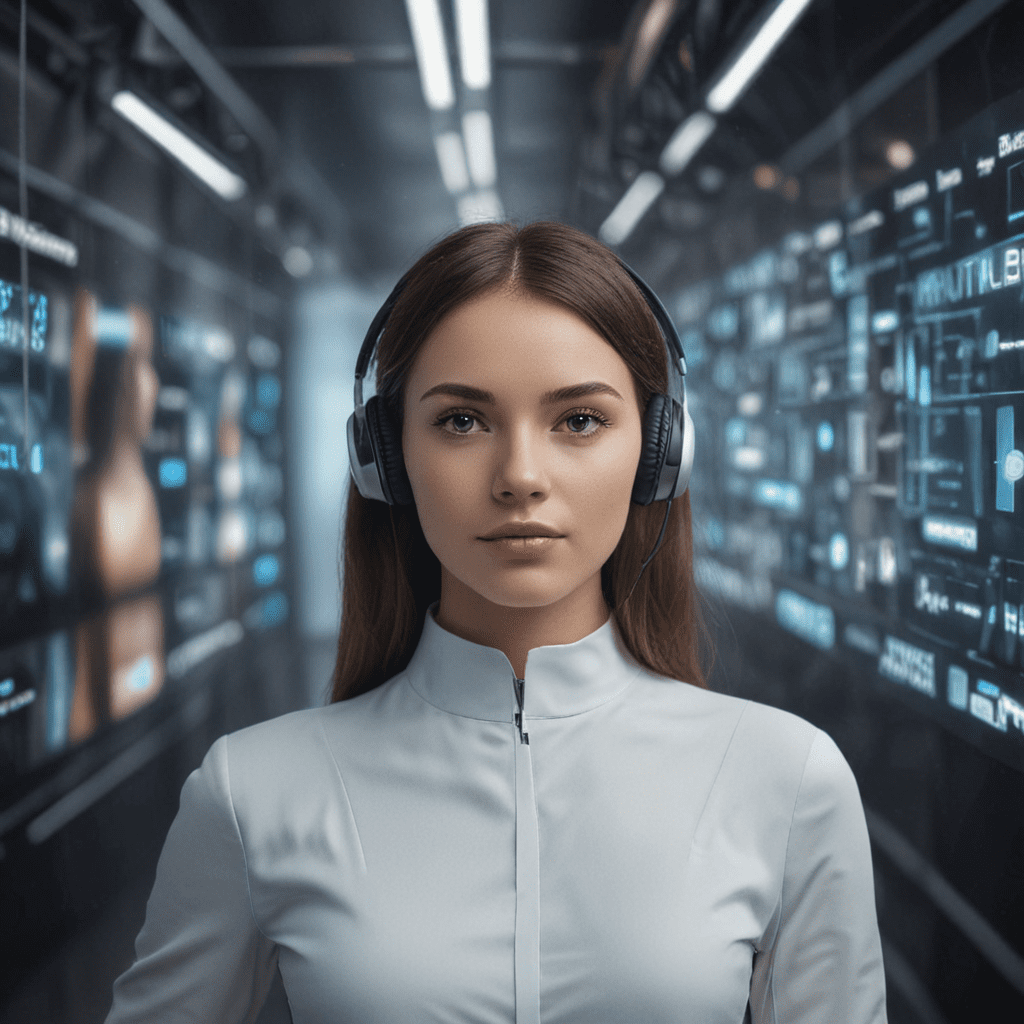
1. Introduction: The Rise of Virtual Assistants
In the rapidly evolving digital landscape, virtual assistants (VAs) are emerging as a transformative force in the realm of marketing. As technology advances, VAs are becoming increasingly sophisticated, offering businesses unprecedented opportunities to enhance customer engagement and drive personalized marketing campaigns.
2. Definition and Capabilities of Virtual Assistants
Virtual assistants are AI-powered software programs that mimic human conversation and perform tasks autonomously. They possess a wide range of capabilities, including:
- Natural language processing, enabling them to understand and respond to human speech and text
- Task automation, freeing up human resources for more strategic endeavors
- Data analysis and insights, providing valuable information for decision-making
3. Benefits of Using Virtual Assistants for Personalized Marketing
VAs offer numerous benefits for businesses seeking to personalize their marketing efforts:
- 24/7 Availability: VAs can provide support and engage with customers around the clock, ensuring timely responses and uninterrupted service.
- Contextual Interactions: VAs leverage AI to understand customer preferences and behavior, enabling them to deliver highly relevant and personalized messaging.
- Data-Driven Insights: VAs collect and analyze customer data, providing businesses with valuable insights into customer behavior and preferences.
- Improved Efficiency: VAs automate repetitive tasks, freeing up marketing teams to focus on creative and strategic initiatives.
4. Personalization and Customer Engagement
Personalized marketing is crucial for building strong customer relationships and driving conversions. VAs play a vital role in this process by:
- Personalized Messaging: VAs can tailor messages to each customer's needs and interests, enhancing engagement and increasing the likelihood of purchases.
- Real-Time Interactions: VAs facilitate real-time interactions with customers, providing immediate assistance and addressing inquiries promptly.
- Contextual Marketing: VAs can provide relevant recommendations and offers based on customer history and behavior, creating a seamless and personalized experience.
5. Data Collection and Analysis for Personalized Messaging
Data is essential for personalized marketing. VAs can collect valuable customer data from various sources, including:
- Website and social media interactions
- Purchase history and loyalty programs
- Live chat transcripts and email exchanges
By analyzing this data, VAs can create detailed customer profiles and develop highly targeted marketing campaigns that resonate with each customer's unique needs and preferences.
6. Automating Marketing Tasks and Improving Efficiency
VAs excel at automating repetitive and time-consuming marketing tasks, allowing marketers to focus on more strategic initiatives. Examples of marketing tasks that can be automated include:
- Email marketing campaigns
- Social media scheduling and posting
- Content creation and curation
- Data entry and reporting
7. Customer Relationship Management and Support
VAs can provide excellent customer support by:
- Answering customer queries promptly and efficiently
- Resolving customer issues and escalating complex inquiries
- Building relationships with customers through personalized interactions
- Enhancing the customer experience and fostering loyalty
8. Integration with Marketing Automation Platforms
VAs can seamlessly integrate with marketing automation platforms to streamline processes and enhance capabilities. By connecting VAs with marketing automation systems, businesses can automate lead generation and qualification, nurture leads through personalized email campaigns, and track customer interactions across multiple channels.
9. Ethical Considerations and Privacy
As VAs collect and process customer data, it's crucial to ensure compliance with ethical practices and privacy regulations. Businesses should implement clear privacy policies and obtain customer consent for data collection and usage. Additionally, VAs must be designed to securely store and protect customer information.
10. Future Trends and Innovations in Virtual Assistant Marketing
The future of virtual assistant marketing is promising, with emerging technologies and advancements continuously expanding their capabilities. Trends to watch include:
- Advanced AI and Natural Language Processing (NLP) enhancements for even more human-like interactions
- Integration with augmented reality (AR) and virtual reality (VR) for immersive customer experiences
- Predictive analytics to anticipate customer needs and provide proactive assistance
- Personalized video content and interactive voice experiences
FAQs
What are the benefits of using VAs for personalized marketing?
- 24/7 availability for continuous customer support
- Contextual interactions based on customer preferences and behavior
- Data-driven insights for informed decision-making
- Improved efficiency by automating repetitive tasks
- Enhanced customer engagement and personalization
What are the key capabilities of virtual assistants for personalized marketing?
- Natural language processing for understanding human speech and text
- Task automation to free up human resources
- Data analysis and insights for valuable information
How can VAs improve customer relationship management?
- Providing prompt and efficient customer support
- Resolving customer issues and escalating complex inquiries
- Building relationships with customers through personalized interactions
What ethical considerations are important when using virtual assistants for marketing?
- Ensuring compliance with ethical practices and privacy regulations
- Implementing clear privacy policies and obtaining customer consent
- Securely storing and protecting customer information


